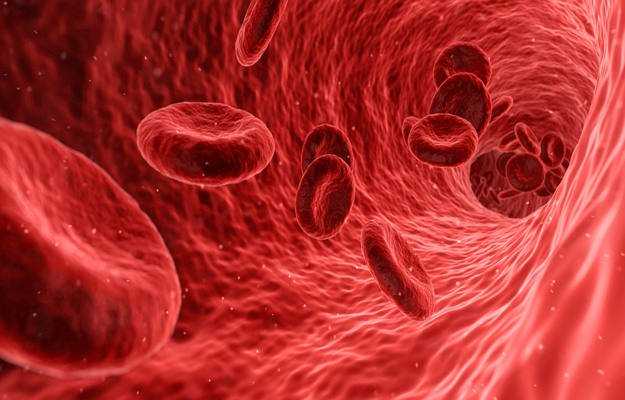What is hypovolaemia?
Hypovolaemia is the decrease in blood volume due to loss of blood, plasma and/or plasma water, which is encountered in cases of severe dehydration or blood loss. This eventually results in a loss of intravascular content and limits tissue perfusion. It can be fatal if left untreated.
What are its main signs and symptoms?
The common signs and symptoms of hypovolaemia include:
- Generalised weakness
- Paleness of skin (pallor)
- Cool, clammy skin or sweating, moist skin
- Rapid breathing
- Anxiety or agitation
- Low blood pressure (hypotension)
- Low or no urine output
- State of confusion
- Unconsciousness
What are its main causes?
Hypovolemia can be caused by:
- Loss of body fluids due to the following:
- Severe persistent diarrhoea and vomiting
- Extensive burns
- Excessive sweating
- Use of diuretics
- Increased urination as seen with kidney diseases
- Blood loss due to the following:
- Bleeding from cuts or other injuries
- Internal bleeding, such as in the digestive tract
- Clotting abnormalities
- Surgeries
How is it diagnosed and treated?
The diagnosis is mainly considered by the physician based on signs and symptoms and a complete physical examination. Further evaluation is done on the basis of the following tests:
- Blood test to evaluate kidney function, complete blood count (CBC) and damage to the heart muscles
- X-ray
- Ultrasound
- Computed tomography (CT) scan
- Endoscopy
- Echocardiogram
- Right heart catheterisation
- Urinary catheterisation
Treatment of hypovolaemia includes:
- The first line of treatment would be measured to replace blood and fluids, which can be achieved by giving various oral rehydrating liquids or intravenous (IV – through veins) transfusion of blood or fluids depending upon the cause of hypovolaemia. Further, to avoid hypothermia, the individual should be made comfortable and warm.
- In case the cause is an allergy, anti-allergens should be given.
- In severe cases, to increase blood pressure and cardiac output (the amount of blood pumped out of the heart), medications such as norepinephrine, dopamine, epinephrine or dobutamine may be given.

 Doctors for Hypovolemia
Doctors for Hypovolemia  OTC Medicines for Hypovolemia
OTC Medicines for Hypovolemia

















